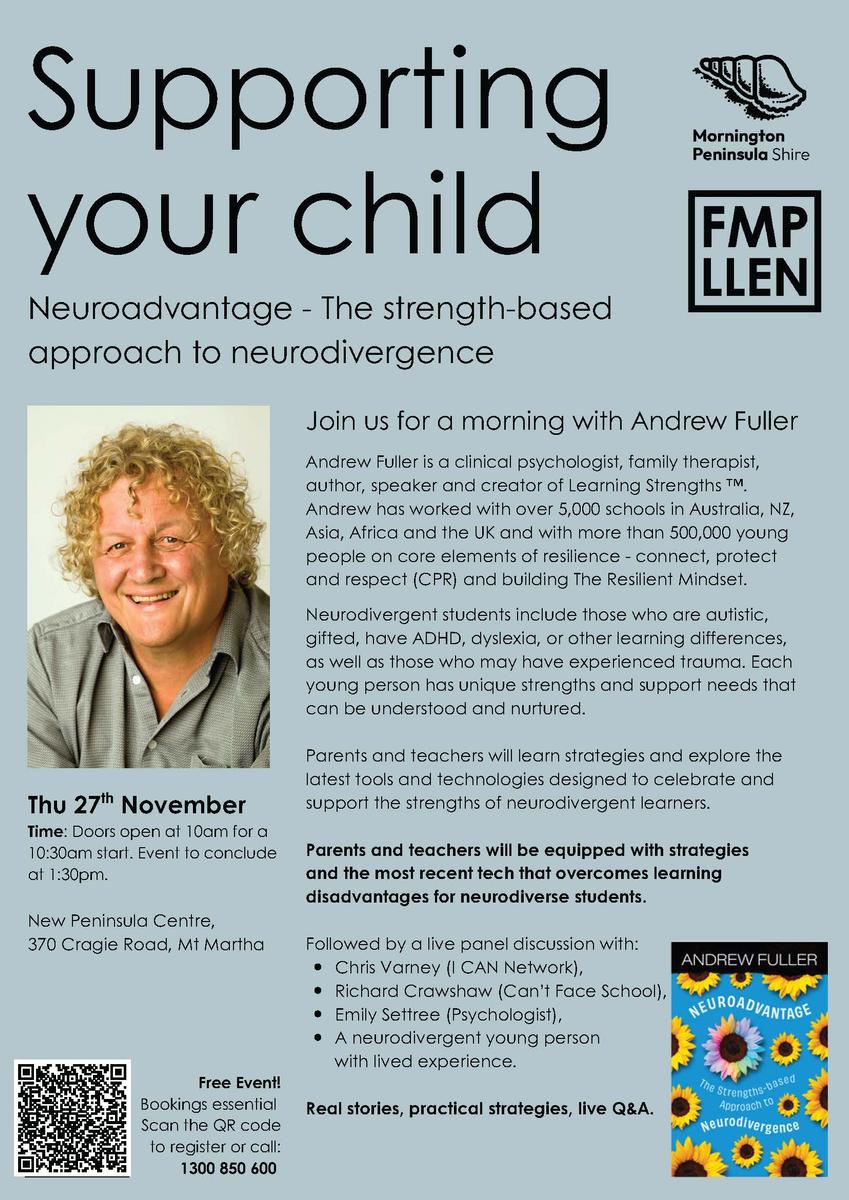Careers Update

WHERE PHYSICS CAN TAKE YOU
Have you ever wondered how your smartphone knows which way is up, how doctors can see inside your body without surgery, or how GPS guides you to your destination? The answers lie in physics – science that explains how our universe works. If you’re considering studying physics at high school, you’ll be opening doors to an incredible range of career possibilities that go far beyond what you might imagine.
Physics isn’t just about equations and lab experiments (though those are important too). It’s about developing problem-solving skills, analytical thinking, and a deep understanding of how things work on the most basic levels. These skills are incredibly valuable across numerous industries, making physics graduates versatile professionals in the job market.
Physics-focused careers for passionate problem solvers
If you absolutely love physics and want to make it central to your career, there are some fantastic opportunities waiting for you.
Astrophysicist
This might be the dream job if you’re fascinated by space and the cosmos. Astrophysicists study everything from black holes to the Big Bang, using sophisticated instruments and mathematical models to unlock the mysteries of the universe.
You could find yourself working at observatories, space agencies like NASA, or universities, contributing to our understanding of phenomena millions of light-years away.
Medical physicist
This could be great if you’d like to combine your love of physics with helping people. Medical physicists use physics principles to develop and operate medical equipment like MRI machines, radiation therapy devices, and imaging systems.
You’d work closely with doctors and healthcare teams to diagnose patients, advise on treatment plans, spend time on research improving and developing medical procedures, ensuring patients receive the safest and most effective treatments possible.
Other careers where physics shines
Some careers rely heavily on physics principles, even when it’s not obvious. So if you enjoy physics but have strong interests in other areas too, that’s OK – the perfect job could be waiting for you.
Sound engineer
This might seem like a purely creative job, but understanding acoustics, wave behaviour, and frequency response is crucial for recording artists, mixing live concerts, or designing concert halls.
Your physics knowledge can help you manipulate sound waves to create the perfect audio experience.
Financial analyst
You might not think physics has anything to do with money. But many financial models are based on physics concepts, particularly statistical mechanics and mathematical modelling.
Physics graduates often excel in this field because they’re comfortable with complex mathematical relationships and can analyse patterns in large datasets – skills that are incredibly valuable when predicting market behaviour.
The transferrable skills you’ll gain
What makes physics so powerful as a foundation for your career is the incredible range of transferrable skills you’ll develop, including:
- Breaking complex problems into manageable parts
- Thinking logically about cause and effect
- Communicating complex ideas clearly
These abilities are valuable whether you’re designing sustainable energy systems as an environmental engineer, developing new materials as a research scientist, or even starting your own technology company.
More jobs that need physics
Enjoying physics but not inspired by any of the jobs mentioned so far in this blog? That’s OK – here are some more to explore:
- Physics teacher – share your passion for physics and inspire the next generation of curious minds.
- Meteorologist – predict weather patterns and help people prepare for what’s coming.
- Systems engineer – solve big, complex problems by making all the parts of a project work smoothly together.
- Civil engineer – apply physics to design and build structures and systems communities rely on.
- Aeronautics engineer or designer – help aircraft and spacecraft fly longer distances faster more efficiently.
- Process engineer – improve how things are made using principles of physics, chemistry, and maths.
- Web developer – use your logic and problem-solving to build the tech behind websites.
- Geophysicist – investigate the Earth’s secrets through natural forces like gravity and magnetism.
- Laser engineer – design high-powered laser systems for use in everything from medicine to space exploration.
- Software engineer – use structured thinking and logic to create apps, games, or computer systems.
- Forensic scientist – use motion, energy, and materials to analyse crime scene evidence and understand what really happened.
- Nanotechnologist – manipulate matter at the tiniest scale to design materials and tech with amazing new properties.
- Quantum mechanic – dive into the world of atoms and particles to understand how the universe really works.
- Nuclear engineer – harness the power of atoms for clean energy, medicine, or scientific discovery.
Your journey starts now
Studying physics at high school doesn’t mean you need to be the next Einstein, but it does give you a powerful toolkit for understanding and shaping the world around you.
Whether you end up designing the next generation of renewable energy systems, developing life-saving medical technologies, or creating algorithms that power our digital world, your physics knowledge could serve as a solid foundation for whatever path you choose.
Five top tips to nail your cover letter
When an application asks for a cover letter, it’s not just a box-ticking exercise. It could genuinely be the difference between landing an interview and watching your application disappear into the void.
So how do you make sure yours hits the mark? We’ve pulled together five practical tips to help you craft a cover letter that actually gets you noticed.
Understanding what a cover letter actually is
Before we dive into the tips, let’s get clear on what we’re working with. A cover letter is essentially your chance to introduce yourself in a one-page document that sits alongside your CV. It’s where you showcase your key skills and strengths whilst explaining why you’re genuinely interested in this specific role at this particular company.
The crucial bit? It shouldn’t be a carbon copy of your CV or a generic letter you fire off to every employer. Each cover letter needs to be tailored to the job you’re applying for, demonstrating how your unique mix of skills and experience makes you the right fit for what they’re looking for.
1. Do your homework on the company
Lots of job applicants fall down by writing one standard cover letter and attaching it to every application. It’s understandable – job hunting is exhausting – but this approach rarely works in your favour.
Taking the time to research the company and address your letter to the actual hiring manager (not just “To whom it may concern”) shows you’ve made an effort. Mention something specific about the organisation – perhaps a recent project they’ve launched or values they champion that resonate with you. This demonstrates genuine interest rather than a scattergun approach to job applications.
2. Highlight experience that actually matters
Your cover letter isn’t an autobiography. You’ve only got one page, so be strategic about what you include. Focus on experiences that directly relate to the role you’re after.
Applying for a position that requires excellent communication skills? Talk about that time you coordinated a charity event or mediated between different groups in a team project. Going for something administrative? Mention relevant office experience, even if it was just helping out during school holidays. The key is relevance over quantity.
3. Showcase the skills you’ve developed
Employers aren’t just interested in what you’ve done – they want to know what you learned and how you grew from those experiences. Even if you’ve thought you may never have worked in the specific field you’re applying to, you’ve likely developed transferable skills through other activities.
Perhaps you’ve demonstrated leadership through captaining a sports team, shown initiative through volunteering, or developed problem-solving abilities through coursework. These skills matter, and your cover letter is the perfect place to connect the dots between your experiences and what the employer needs.
4. Keep things positive and confident
If you’re early in your career or switching fields, it’s easy to fall into the trap of apologising for what you lack. Don’t do this. Dwelling on limited experience just draws attention to gaps whilst offering nothing positive in return.
Instead, frame things constructively. Rather than “Although I don’t have much experience in…”, try “I’m eager to apply my skills in… to this new context.” It’s about showing enthusiasm and potential rather than fixating on what you haven’t done yet. Remember, everyone starts somewhere, and employers often value attitude and aptitude as much as existing experience.
5. Polish until it shines
Your cover letter is often the first impression an employer gets of you, so it needs to be spot-on. This means going beyond a quick spell-check. Read it aloud to catch awkward phrasing. Check that your tone strikes the right balance between professional and personable. Make sure every sentence earns its place.
It’s worth asking someone else to read it too – they’ll spot errors you’ve become blind to and can give feedback on whether your personality comes through. Those extra rounds of editing might feel tedious, but they’re what separate a good cover letter from a great one.
Next steps: Building your complete application
Now that you’ve got your cover letter sorted, you’re well on your way to submitting a strong application. But the cover letter is just one piece of the puzzle – your resume needs just as much attention.
If you’re unsure where to start with your CV or want to make sure it complements your cover letter effectively, we’re here to help. Check out check out more tips on our resumes and CVs page for step-by-step advice, or try our super simple resume builder to create a professional-looking CV in minutes. With a solid cover letter and CV working together, you’ll be putting your best foot forward in your job search.
2025 Careers Events at EMC
At EMC, our Careers Team is dedicated to helping students navigate their future with confidence. We understand that each student is unique, and we aim to support them in making informed decisions about their education and career pathways.
To assist students in their career exploration and pathway planning in 2025, we will offer a range of engaging opportunities that complement the Careers Curriculum (delivered from Years 7-12) and help students make well-informed choices about their future. Below is sample list of some key events to look out for:



